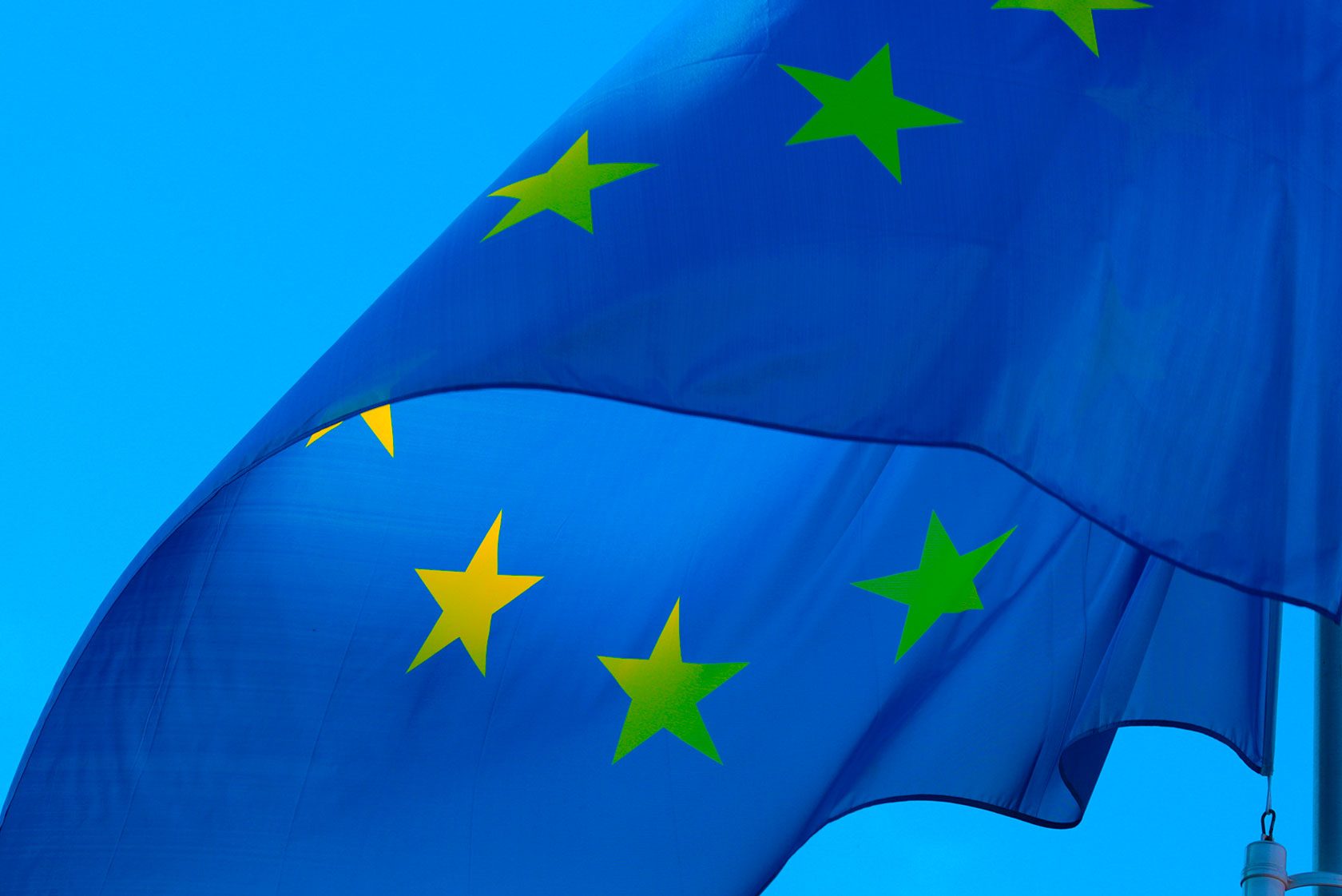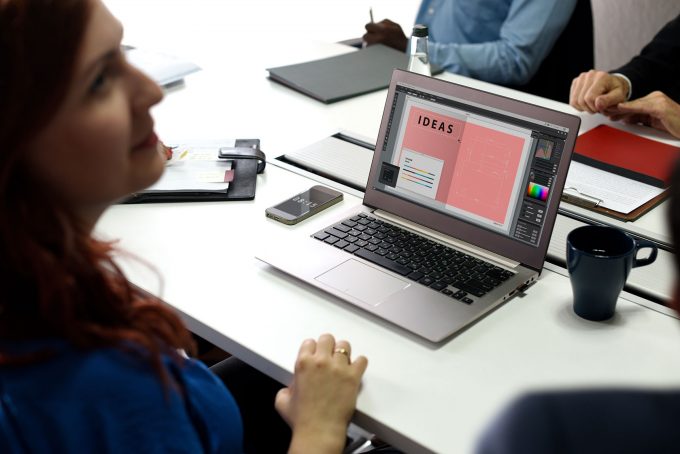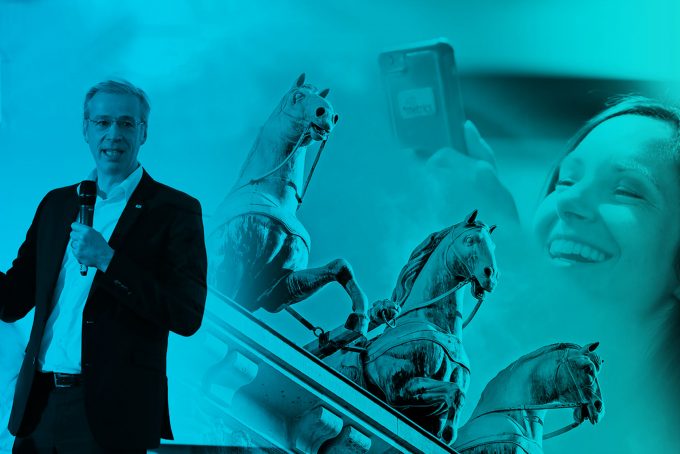
Open Data: How Does Personality Affect how Research Data is Shared?
Researchers who consider whether or not to share research data are often confronted with a social dilemma. So how can willingness to publish open data be encouraged? A current study examines how the personality of the researchers affects this issue. Dr. Stephanie B. Linek, leading author of the study, sheds some light on the matter in the following interview.
The sharing of research data harbours great potential for scientific progress. At the same time, open data is still practised all too little by researchers, as it often leaves them faced with a social dilemma. However, open data can only gain acceptance if researchers share their findings willingly. Their personality defines in part whether or not they are ready to share their data. Leibniz Research Alliance Science 2.0 carried out an interdisciplinary study with 1,564 subjects throughout Germany to find out what effect personality has on this issue. The project partners were the ZBW – Leibniz Information Centre for Economics, DIW Berlin, the Alexander von Humboldt Institute for Internet and Society (HIIG) and the Vrije Universiteit Amsterdam.
 Dr. Stephanie B. Linek, researcher at the ZBW – Leibniz Information Centre for Economics and lead author of the study “Data sharing as social dilemma: Influence of the researcher’s personality”,explains the central findings of the study in this interview.
Dr. Stephanie B. Linek, researcher at the ZBW – Leibniz Information Centre for Economics and lead author of the study “Data sharing as social dilemma: Influence of the researcher’s personality”,explains the central findings of the study in this interview.
Which aspects of the personality did you investigate?
Our study was based on identifying personality types according to the five-factor model. In other words, we examined the following factors; extraversion or tendency towards sociability, neuroticism or tendency towards emotional instability or vulnerability, openness to new experiences, tolerance (consideration, willingness to cooperate, empathy) and conscientiousness. Other facets of personality that we examined were Machiavellianism (manipulative, self-interested and controlling nature) and the tendency towards socially desirable behaviour. We also took age and gender into account as sociodemographic control variables.
Could you provide a few concrete examples of which effects the different personality traits had in each case?
Researchers who display a high level of conscientiousness place more value on knowing what the data will be used for and who has access to the data. They may see it as an incentive that their data is facilitating a communicative exchange with secondary users. This is similar to what we found by examining the personality dimensions extraversion and tolerance. That is why the secondary use must be transparent and sharing the data should provide the opportunity to enter into an exchange with the researchers, who use the shared dataset for other purposes.
Researchers who display a strong tendency towards neuroticism and are afraid of criticism and data corruption are more likely to be motivated by detailed information about the concrete data-sharing procedure: Restrictions on use and specific user agreements for secondary data use as well as a right to say in a matter or a veto option in relation to secondary data use could also be interesting incentives.
Researchers who have a high level of openness and a high level of tolerance are particularly reliant upon the support of the employer when it comes to sharing data.
What should universities and research institutes be doing to make the researchers more willing to share data?
In order to promote the open exchange of research data – along with general structural measures – more attention should be given to the specific requirements of individual researchers. Subjective barriers have to be removed and individual incentives placed on the table. Since these may be very different depending on the personality type.
Did you find any surprising results in the study?
I was surprised to find that, on the one hand, Machiavellianism led to greater importance being placed on almost all other incentives and barriers but, on the other hand, Machiavellianism did not have any influence on whether or not data was actually shared. This could be related to the fact that researchers with a stronger manipulative and controlling nature have a better understanding of how to make use of the available incentives and how to overcome hurdles.
On the other hand, we found the comparison between men and women showed that women are more affected by incentives and barriers and they are also less willing to share their data. We are still in the process of further investigating the significance of these differences between the sexes. Our first results show that the differences between the sexes that we found could be related to the so-called gender gap and the visibility of gender stereotypes.
It was also interesting to note that people who have a high tendency to behave in a socially desirable manner are less willing to share data. This supports the thesis of earlier studies, which suggests that it is more the publishing of research results and less the sharing of data that is the relevant or socially desired behaviour in science.
Which conclusions should the fields of science policy and research support draw from your study in order to further promote the breakthrough of open data?
Overall, the sharing of research data should receive more formal recognition. The relevant incentives that provide career benefits should be implemented with this in mind. Since our results, just like earlier studies, support the assumptions that until now, publications have been considered more important than the sharing of research data.
What’s more, both the findings regarding Machiavellianism as well as the differences between the sexes, suggest that it is not just an issue of establishing certain conditions (for instance incentives and barriers), but also involves a fair and democratic use of the opportunities that are already in place.
Skip to PDF contentFurther information
- Article on the study: Linek, S. B., Fecher, B., Friesike, S. & Hebing, M. (2017). Data sharing as social dilemma: influence of the researcher’s personality. PLoS ONE 12(8): e0183216.
- Press release on the study
View Comments

Joining GO FAIR
Save the Date: 4 October 2017 - First German GO FAIR Workshop in Göttingen



